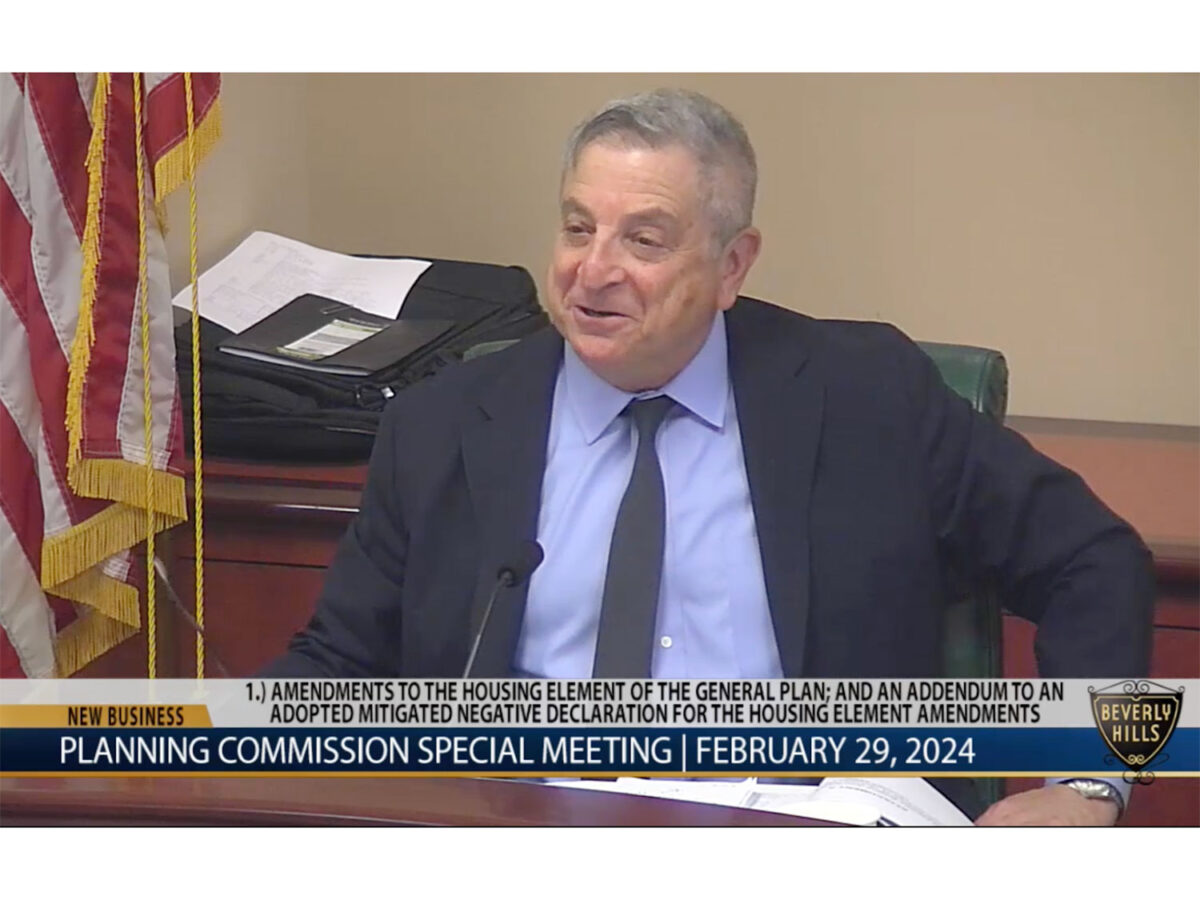After years of discussion, the Rent Stabilization Commission on March 6 voted unanimously in favor of a resolution recommending the City Council establish a new habitability inspection program.
If approved by the City Council, the amendments to the Rent Stabilization Ordinance will require all rent-stabilized units to be inspected and placed in a tiered system based on the severity of habitability violations, Chair Donna Tryfman said. She added that units must also be inspected after any change of owner. The costs of the program will be split evenly between the landlords and tenants, and tenants and landlords can still lodge complaints with the Rent Stabilization Office.Details of the new program—including the scope of the three tiers and the inspection standards, still need to be ironed out—but adopting the resolution allows the commission to begin working through that process, Tryfman said.
A staff report broadly describes the different tiers and stipulates that units can be moved to lower or higher tiers depending on whether violations are addressed or ignored, though Tryfman said that data compiled during inspections will allow staff to create more detailed criteria.
Mark Elliot, founder of the Renters Alliance, urged the commission to create penalties for landlords who do not address violations.
“Imagine you as a tenant live for months with a 3-foot-long hole in your bathroom ceiling … and imagine that condition exists for months,” Elliot said. “We should have a sanction for that kind of landlord, that rare landlord who allows that condition to exist.”
Elliot also said that California habitability standards are too low, and the city should devise stricter standards.
When Tryfman asked Elliot to elaborate, he said that the inspectors should consider the conditions of a unit’s paint and carpeting, but staff should generally pay closer attention to tenant complaints.
The commissioners also discussed who will perform the inspections, and Deputy Director of Rent Stabilization Nestor Otazu explained that contractors will be hired to inspect units so that the process is not delayed by unavailable city staff.
“What we were trying to do is not corner the city staff into shouldering that program so that we can have the resources available to adequately and very concisely go through the city and do this,” he said. “Staff will get to work immediately following tonight’s approval … and we will work with several consultants to see what our options are,” he added.
Revising habitability standards and establishing a proactive inspection program has been on the commission’s agenda for years, Tryfman said. The inspection program was one of several issues discussed during an October 2023 meeting. On Dec. 6, the commission made recommendations for the revised amendment. One of the recommendations removed a stipulation that the commission act as an appeal hearing board for some habituality violation disputes, according to a staff report.
Though it was hard to predict exactly when the inspections would begin, she hopes to see them commence by the end of the year, Tryfman said.
Since last year, the commission has struggled to hold consecutive meetings due to unfilled positions. Commission rules require that six of nine members be included in any meeting, and with three vacancies, it is difficult to hold a quorum.
March 6 was the first meeting since December, as a February meeting was canceled.
A committee including Tryfman, former Chair Lou Milkowski and Councilmembers John Mirisch and Sharona Nazarian have interviewed prospective committee members and made their recommendations, but the City Council has not yet announced new appointees, Tryfman said.







